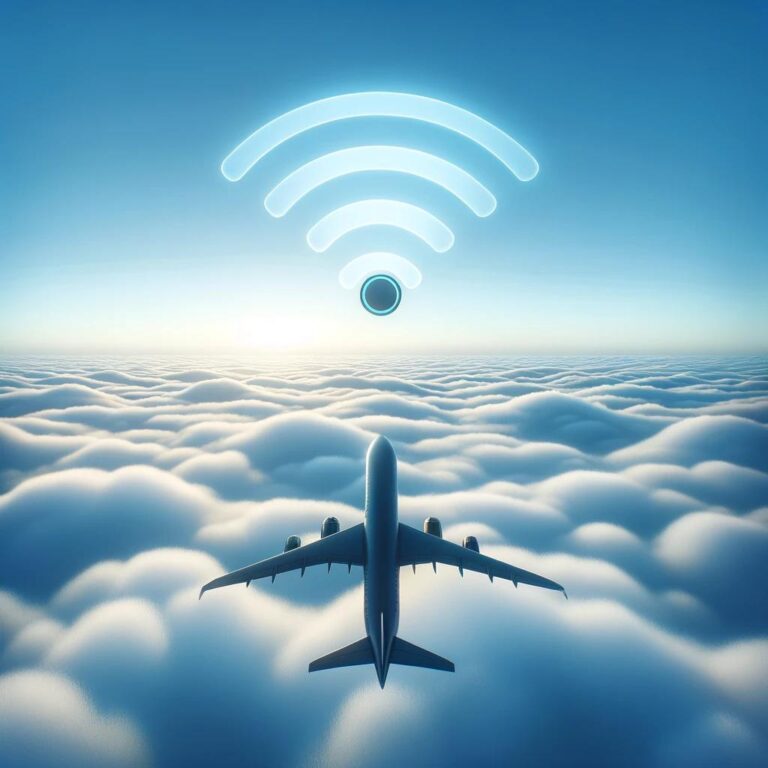Public Wi-Fi networks have become a ubiquitous feature of modern life, providing convenient internet access in cafes, airports, hotels, and other public spaces. While these networks offer convenience, they often come with restrictions that prevent users from accessing certain websites or using virtual private networks (VPNs). In this article, we will explore the reasons behind the blocking of VPNs on public Wi-Fi networks, the implications for users, and how to overcome these restrictions to enjoy a secure and unrestricted browsing experience.
The Need for Public Wi-Fi Networks
Public Wi-Fi networks serve as a lifeline for individuals on the go, allowing them to stay connected and productive without consuming their mobile data. These networks offer a cost-effective solution for internet access and have become a valuable resource for travelers, remote workers, and individuals seeking connectivity outside their homes or offices.
The Rise of VPN Usage
In recent years, VPN usage has surged due to growing concerns about online privacy and security. VPNs encrypt internet traffic, ensuring that users’ data remains private and protected from prying eyes. Additionally, VPNs enable users to bypass geographical restrictions, access blocked content, and enhance their online anonymity.
Why Public Wi-Fi Networks Block VPNs
Public Wi-Fi networks often implement measures to block VPN usage. While the specific reasons may vary, the primary motivations behind this practice are as follows:
- Network Management: Public Wi-Fi networks have limited bandwidth and capacity. By blocking VPN traffic, network administrators can prioritize resources for other users and ensure a smooth browsing experience for all. VPN usage can consume significant bandwidth, affecting network performance for others sharing the same connection.
- Security Concerns: Public Wi-Fi networks are prone to security risks, including unauthorized access and data breaches. Some network administrators block VPNs to prevent users from circumventing security measures put in place to protect the network and its users. VPNs can be used to bypass firewalls, which may pose a threat to network integrity.
- Regulatory Compliance: In certain jurisdictions, public Wi-Fi providers are required to comply with legal and regulatory obligations. This includes monitoring and controlling the type of content accessed through their networks. Blocking VPN usage allows network operators to comply with such requirements and prevent the misuse of their services.
Implications for Users
The blocking of VPNs on public Wi-Fi networks has several implications for users:
- Reduced Privacy and Security: Without a VPN, users’ internet traffic is exposed and vulnerable to interception, compromising their online privacy and security. Public Wi-Fi networks are known targets for cybercriminals looking to exploit unprotected connections.
- Limited Access to Content: Many websites and online services impose geographic restrictions or censor content based on users’ locations. VPNs enable users to bypass these restrictions and access blocked content. The blocking of VPNs on public Wi-Fi networks restricts users’ ability to enjoy unrestricted access to the internet.
- Exposure to Malicious Activities: Public Wi-Fi networks are often targeted by hackers and malicious actors. By blocking VPNs, network operators aim to mitigate the risks associated with unauthorized access, data breaches, and other nefarious activities.
Overcoming VPN Restrictions on Public Wi-Fi Networks
While public Wi-Fi networks may block VPN usage, there are strategies to overcome these restrictions and ensure a secure browsing experience:
- Switch VPN Protocols: Some public Wi-Fi networks block specific VPN protocols. By switching to alternative protocols such as OpenVPN or WireGuard, users can potentially bypass these restrictions.
- Try Different VPN Servers: Network administrators may selectively block specific VPN servers or IP addresses. By connecting to different VPN servers, users can find servers that are not blocked on the network they are using.
- Use Stealth VPN Technology: Stealth VPN protocols are designed to disguise VPN traffic as regular internet traffic, making it harder for network administrators to detect and block VPN usage. Stealth VPNs can be an effective solution to bypass VPN restrictions on public Wi-Fi networks.
- Use Obfuscated Servers: Some VPN providers offer obfuscated servers that obfuscate VPN traffic, making it challenging to identify and block. Utilizing obfuscated servers can help overcome VPN blocking on public Wi-Fi networks.
- Mobile Hotspot with VPN: If accessing a public Wi-Fi network becomes too restrictive, consider using your mobile device as a personal hotspot and connecting your device to a VPN. This way, you can bypass the restrictions imposed by the public Wi-Fi network and enjoy the security and privacy offered by a VPN.
Conclusion
While the blocking of VPNs on public Wi-Fi networks presents challenges for users seeking privacy, security, and unrestricted access to the internet, there are ways to overcome these restrictions. By understanding the motivations behind VPN blocking and employing strategies to bypass these limitations, users can ensure a safe and private browsing experience even on public networks. Remember to prioritize your online security and always use a trusted VPN provider when connecting to public Wi-Fi networks.
Additional Resources:
- Do I Need a VPN at Home?: Learn about the importance of using a VPN for secure internet browsing at home and protect your online privacy.
- How to Use a VPN: Get a step-by-step guide on how to set up and use a VPN to ensure your online activities remain private and secure.
- Are VPNs Legal?: Understand the legal implications of using a VPN and the jurisdictions where VPN usage may be restricted or prohibited.
- VPN Kill Switch: What You Need to Know: Discover the importance of a VPN kill switch feature, which ensures that your internet connection is protected even if the VPN connection drops.
- VPN and Wi-Fi: Ensuring Security on Public Networks: Learn how to enhance your security and privacy while using public Wi-Fi networks by using a VPN.
- Top Uses of VPN: Explained: Explore the various applications and benefits of using a VPN, from accessing geo-restricted content to protecting your online activities.
- Proxy vs VPN: What’s the Difference?: Understand the distinctions between proxies and VPNs and choose the right solution for your browsing needs.
- VPN vs Tor: Which One Should You Choose?: Compare the advantages and limitations of VPNs and Tor for anonymous and secure internet browsing.






